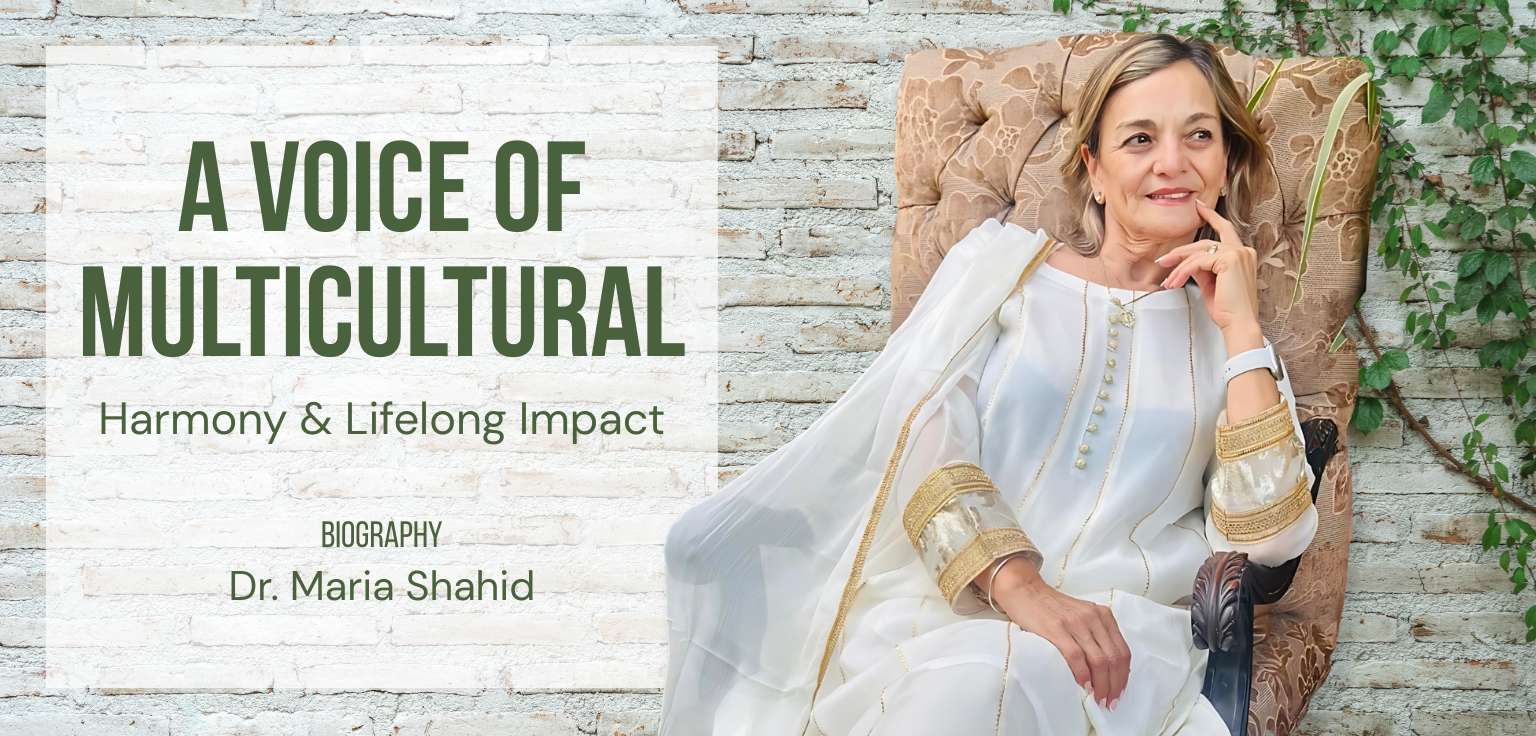
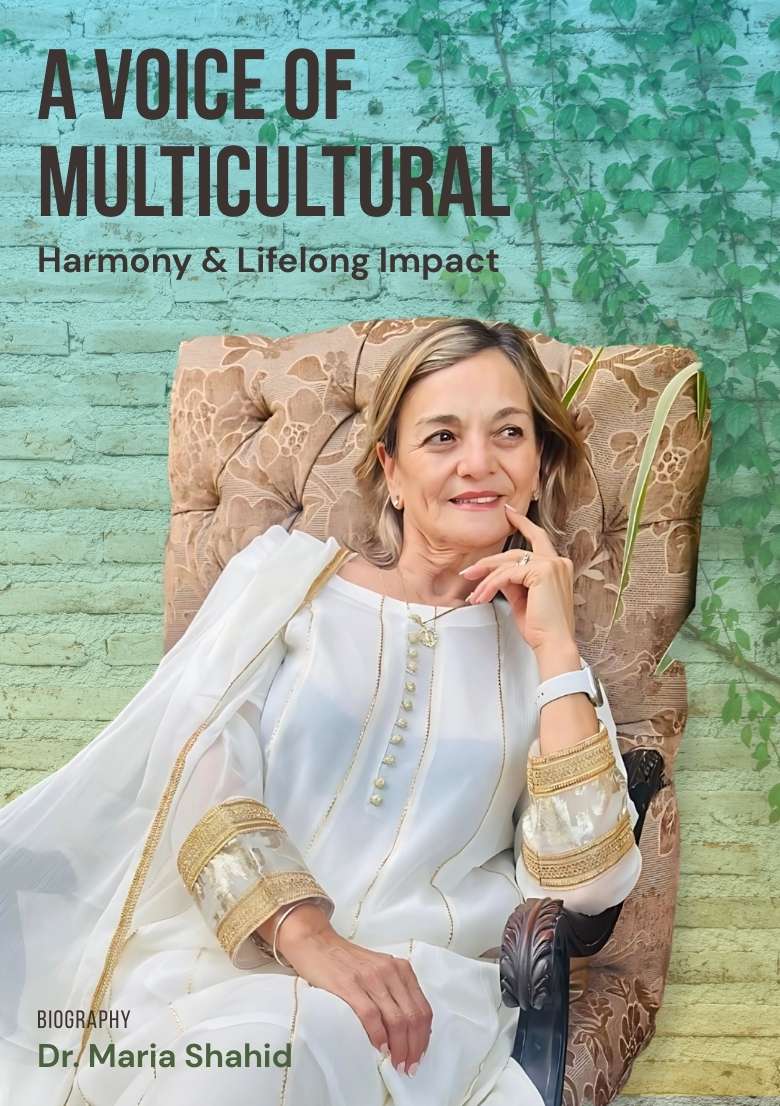
“The story of one life can echo across generations when lived with courage, compassion, and conviction.”
Introduction
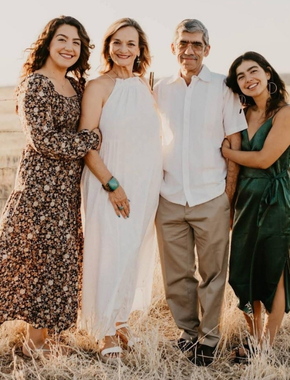
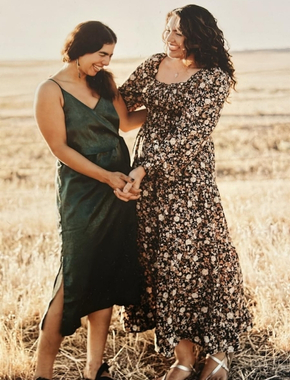
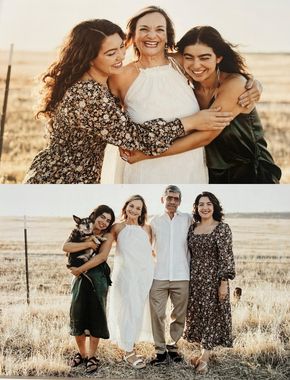
The life of Dr. Maria Shahid is one such story—a journey defined by resilience, guided by faith, and marked by a relentless pursuit of knowledge. Born on May 10, 1960, to her beloved parents, Jose Ysabel Garcia Enriquez and Marcelina Diaz Santa Cruz, she entered the world at a time when the challenges of survival and success seemed far greater than the opportunities available. Yet from those humble beginnings, she grew into a woman whose influence would reach far beyond her immediate community, touching lives across cultures, disciplines, and generations.
From the earliest days, her parents instilled in her the values that would later define her life—faith in God, discipline in effort, and respect for the dignity of others. These foundational lessons gave her the strength to pursue her ambitions with integrity. She would later reflect, “The greatest gift parents can give their children is not wealth, but wisdom and faith that prepare them for life’s journey.” These values became the moral compass that guided her through personal challenges and professional triumphs alike.
Education quickly revealed itself as both her passion and her calling. Dr. Maria Shahid’s natural curiosity and determination propelled her into the pursuit of Multicultural Communications, a discipline through which she found her life’s mission. For her, communication was never merely about the exchange of words; it was about identity, belonging, and understanding. She often said, “Words are not just sounds; they are vessels of culture, carrying dignity and meaning across generations.” This conviction inspired her to dedicate her life to ensuring that communication became a bridge between worlds rather than a wall of division.
Her academic path was not without obstacles. Like many who rise from modest beginnings, Dr. Maria Shahid encountered challenges that could have derailed her dreams. Yet, she faced each one with steadfast faith and perseverance. Instead of seeing barriers, she saw opportunities to grow stronger. Every trial deepened her empathy, shaping her into a woman who could not only teach but also truly understand the struggles of others. Her journey reminds us that resilience is not the absence of hardship but the decision to rise above it.
As she stepped into her professional career, Dr. Maria Shahid became known not only for her scholarship but also for her humanity. Students found in her more than an instructor; they found a mentor who believed in their potential even when they doubted themselves. Colleagues admired her ability to bring people together, even in times of disagreement, with a calm authority rooted in respect. Communities came to know her as a voice of unity, a woman who believed that diversity was not a challenge to overcome but a gift to embrace.
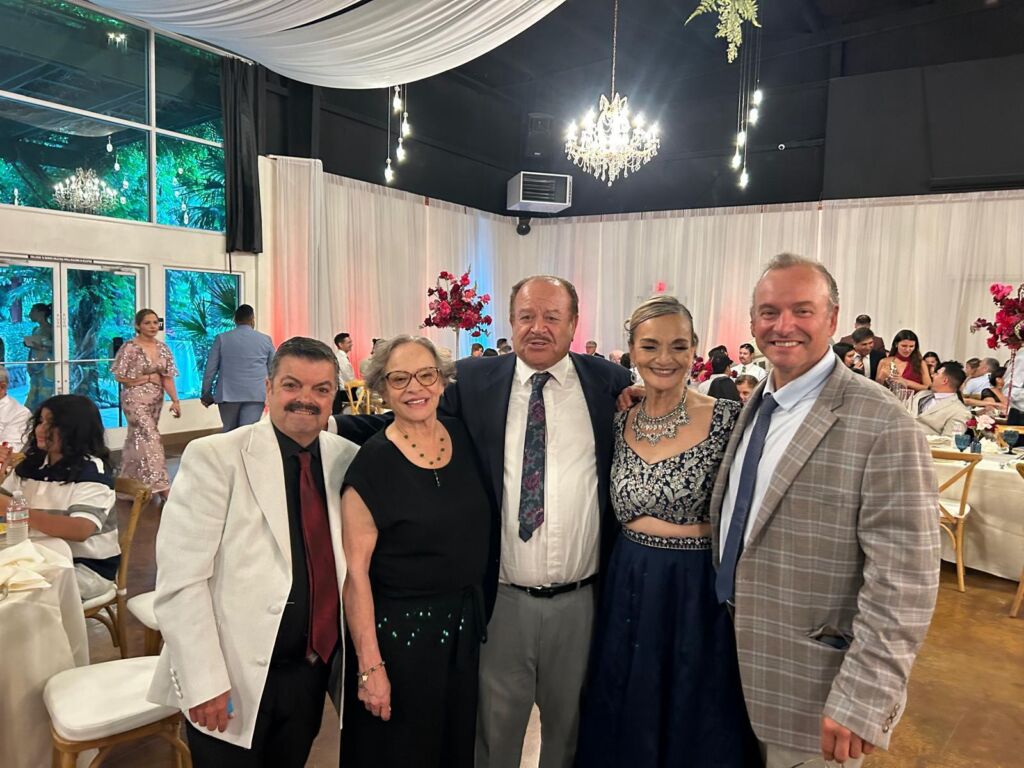
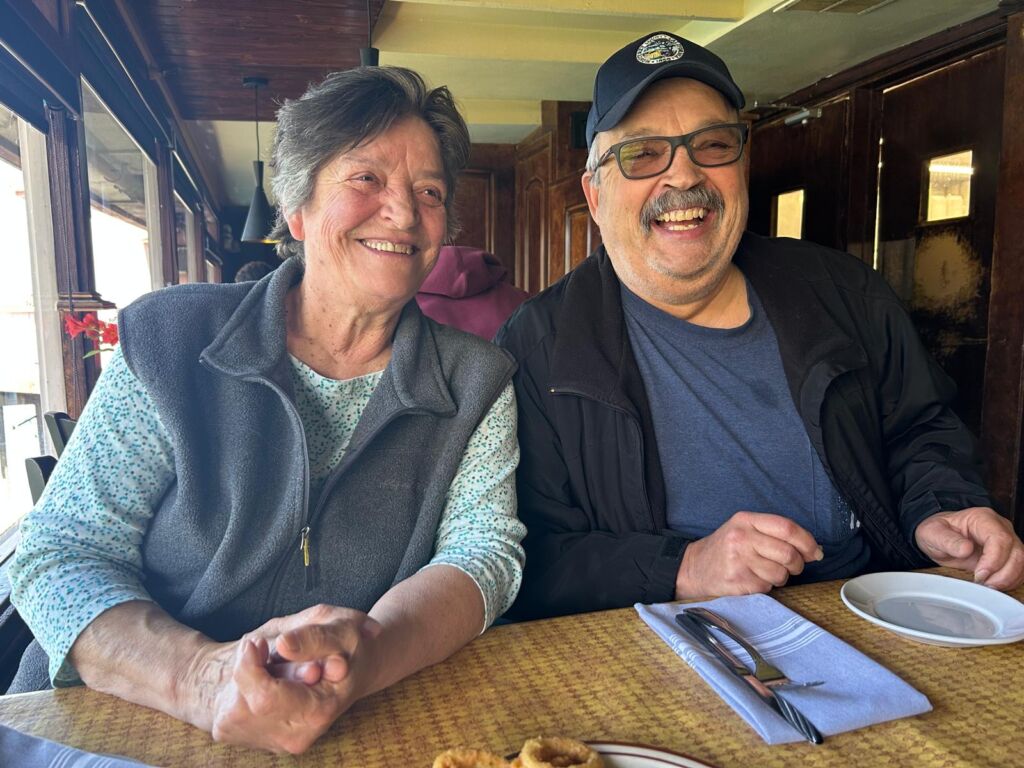
Phase 1 : Roots of Resilience – Childhood and Early Education
“The roots of resilience are planted in the soil of childhood.”
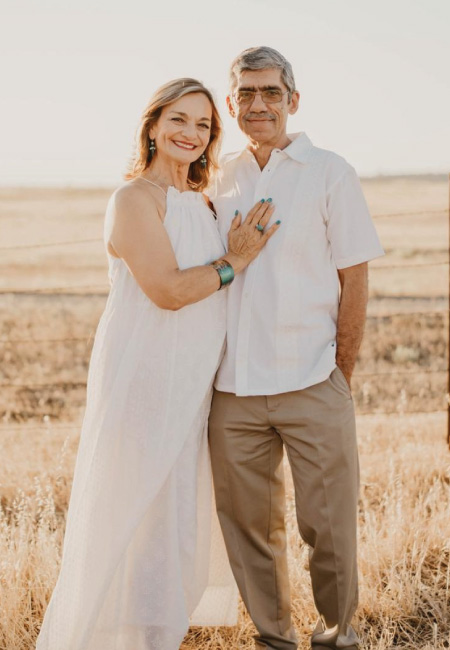
The story of Dr. Maria Shahid begins with the quiet strength of her early years. Born on May 10, 1960, into the loving care of her parents, Jose Ysabel Garcia Enriquez and Marcelina Diaz Santa Cruz, she was raised in a family that valued faith, hard work, and the dignity of education. While her surroundings did not always offer material abundance, they provided something far greater—a foundation of resilience and values that would shape her character for life.
Her father’s discipline and her mother’s gentleness created a balanced environment in which Maria grew with both structure and compassion. She would later reflect, “Parents are a child’s first teachers. From them, I learned that love is strength and discipline is guidance.” This early upbringing gave her not only stability but also the inner courage to face the uncertainties of life with faith.
As a child, Maria displayed an insatiable curiosity. She loved to observe people, listen to stories, and ask questions that revealed her desire to understand the world beyond her immediate surroundings. She was never content with superficial answers; she wanted to know the reasons behind things, the meaning beneath the surface. This intellectual spark set her apart early on and hinted at the path she would later take in Multicultural Communications.
Education became the central thread of her childhood. With limited resources, her parents still ensured that learning was never neglected. Books became her companions, classrooms became her sanctuary, and teachers became her role models. She believed deeply that knowledge was not a privilege but a necessity. “Education is not a possession; it is a light that guides us through darkness,” she would often say in later years, echoing the lesson she first absorbed as a young girl.
Yet her childhood was not free from hardship. Like many who grew up in modest circumstances, Maria faced challenges that tested her patience and willpower. There were moments when continuing her studies seemed uncertain, when the burden of circumstances pressed heavily on her family. But even in those moments, she refused to let adversity define her. Instead, she saw in each difficulty an opportunity to grow stronger. Those early tests of endurance built in her the resilience that became her lifelong strength.
Her teachers quickly recognized her potential. They saw in her not just a bright student but a determined spirit. She was often the one who stayed after class to ask more questions, to help peers, or to read beyond the assigned material. These habits, though simple at the time, laid the groundwork for the discipline and excellence that would later define her professional journey. To her peers, she was both a friend and an inspiration, someone who encouraged others to dream bigger even when resources were limited.
Phase 2 : The Journey of Learning – Academic Pursuits and Growth
“The pursuit of knowledge is not about reaching an end but about discovering the endless.”
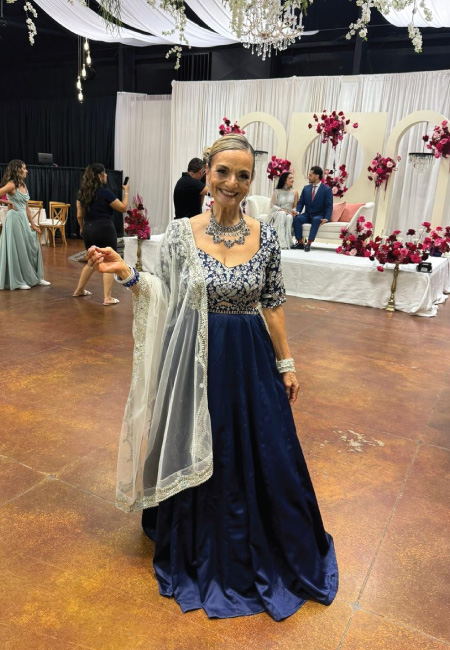
As Dr. Maria Shahid transitioned from her formative years into higher levels of education, the seeds of curiosity planted in her childhood began to flourish into a lifelong pursuit of learning. The early foundations laid by her parents and teachers inspired her to see education not simply as a tool for advancement but as a calling that shaped both her identity and her destiny. For Maria, every classroom was a new horizon, every lesson a step closer to understanding the deeper purpose of her life.
From her earliest academic endeavors, she displayed an unusual discipline. She was not satisfied with surface-level understanding; instead, she sought depth and meaning in every subject she encountered. Her teachers admired her ability to connect ideas across disciplines, often noting that she had a natural ability to see patterns and relationships that others overlooked. This gift of connecting concepts would later define her specialization in Multicultural Communications, a field that thrives on understanding relationships across languages, identities, and cultures.
Maria’s path through education was not without its challenges. Resources were sometimes scarce, opportunities were limited, and there were moments when the weight of circumstance made her dreams seem distant. Yet, she pressed on with quiet determination. She often said, “A true learner is not someone who has everything, but someone who makes something out of whatever they have.” These words reflected the reality of her own journey, where perseverance and creativity allowed her to overcome barriers.
As she advanced academically, Maria discovered that learning was more than personal growth—it was empowerment. She realized that education had the power to lift individuals,
transform families, and even reshape communities. This conviction became the driving force behind her determination to pursue higher studies. With every step forward, she felt a greater responsibility not just to succeed for herself but to succeed for those who looked up to her as a symbol of possibility.
During this period, she also began to embrace the diversity of perspectives around her. Exposure to new ideas, cultural expressions, and intellectual debates widened her worldview. She came to see differences not as threats but as opportunities to learn. “The classroom is the first stage where we rehearse for the world,” she once remarked, acknowledging how her academic environment prepared her to engage with broader global challenges.
Phase 3 : Crossing Cultures – Discovering the Power of Communication
“Communication is the bridge that turns strangers into communities and divides into understanding.”
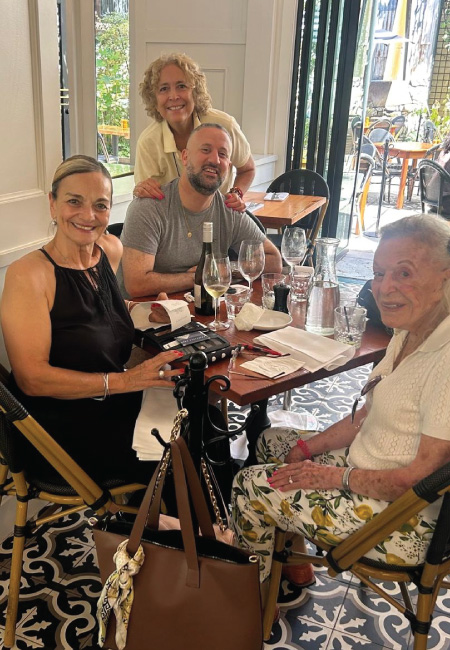
The academic journey of Dr. Maria Shahid naturally led her toward a realization that would define her life’s mission: the transformative power of communication. While education gave her knowledge, it was her exposure to cultural diversity that opened her eyes to the deeper significance of language, culture, and identity. It was in this phase of her life that she began to see communication not as a subject to be studied but as a force to be lived—a bridge capable of uniting people across boundaries.
Her early exposure to different cultural expressions laid the foundation for this discovery. Growing up in an environment where traditions, beliefs, and practices varied, Maria came to appreciate the richness of diversity. What others saw as difference, she saw as an opportunity. She would often reflect, “Every culture is a library of wisdom. When we listen, we borrow from each other’s shelves.” This perspective became the lens through which she approached her academic specialization in Multicultural Communications.
During this period, she began to engage deeply with questions of identity and belonging. She realized that people’s voices carried more than words—they carried history, dignity, and the struggles of generations. To ignore or dismiss those voices was to deny humanity itself. This understanding gave her work a profound sense of responsibility. She believed that the role of a communicator was not simply to speak, but to listen and to honor the narratives of others.
As she moved into professional and cultural environments that exposed her to greater diversity, Maria discovered both the challenges and the beauty of cross-cultural interaction. She noticed how easily misunderstanding could arise when people came from different backgrounds, but she also saw how quickly those gaps could be closed with empathy and respect. Her conviction grew stronger: “The greatest achievement of communication is not persuasion, but understanding.
It was here that her personal mission began to crystallize. While many pursued communication as a skill for influence or career growth, Maria approached it as a moral responsibility. She viewed it as a means to build unity, promote dignity, and ensure that no voice was silenced because of cultural barriers. Her studies in multicultural communication were therefore never limited to theory—they were lived experiences, shaped by her own encounters with diversity.